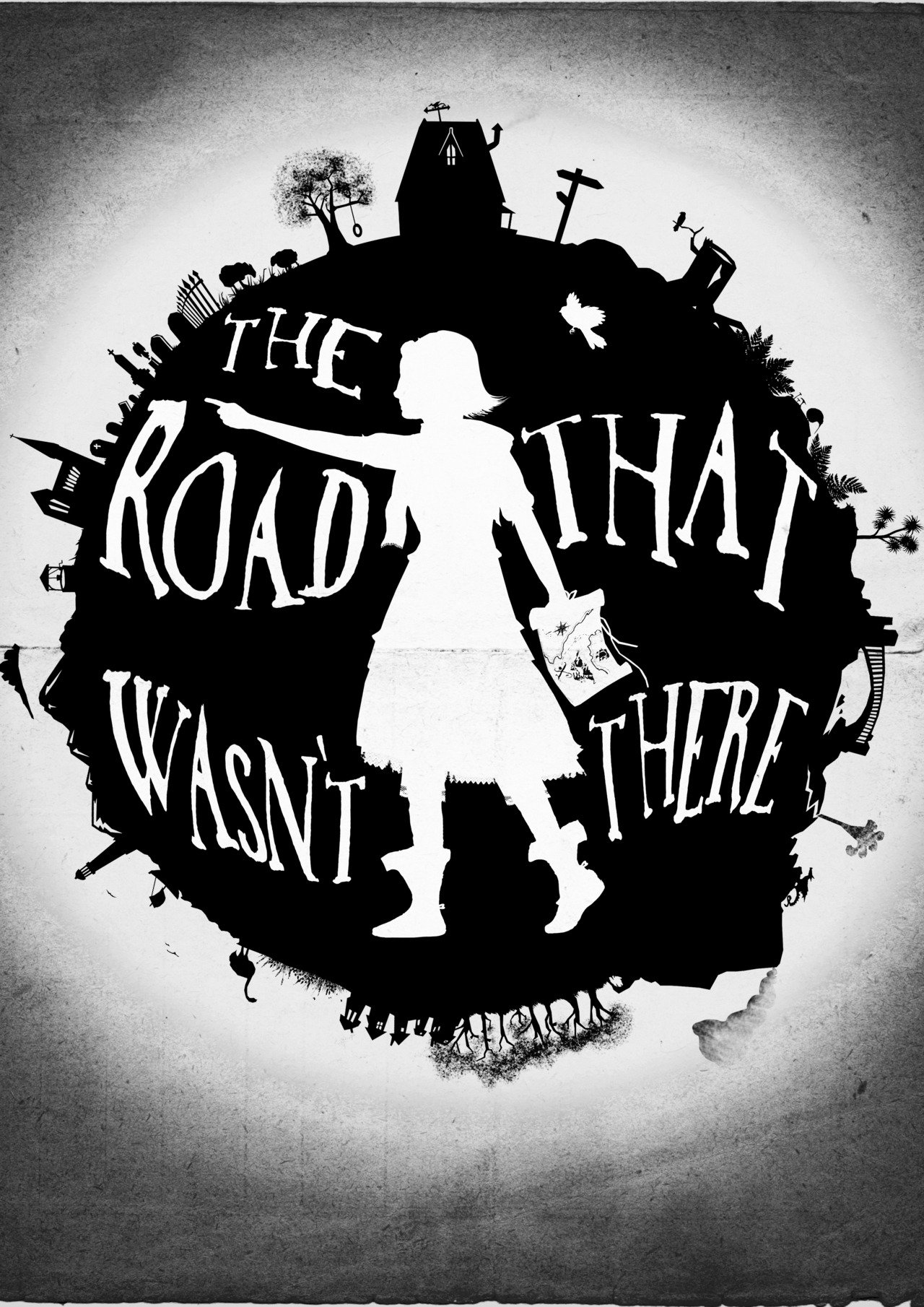 Apparently, New Zealand has 56,000 kilometres of streets and towns that exist only on surveyors’ maps. In The Road That Wasn’t There, a woman slips off of the "real" roads and ends up in one of these "paper towns". In a show aimed at children, but far from childish, Trick of the Light Theatre examine how decisions in the fictional world can have consequences in reality.
Apparently, New Zealand has 56,000 kilometres of streets and towns that exist only on surveyors’ maps. In The Road That Wasn’t There, a woman slips off of the "real" roads and ends up in one of these "paper towns". In a show aimed at children, but far from childish, Trick of the Light Theatre examine how decisions in the fictional world can have consequences in reality.Theatre for children is a major strand in The Fringe, yet it rarely receives the critical respect, beyond being "suitable for all ages." Trick of the Light, in common with many children's companies, are ready to blast that lazy conceit, using radical drama techniques to tell an offbeat, thoughtful story.
What has made you bring the show to the fringe?
Hannah Smith (director) - The Fringe is an unbeatable, unrepeatable experience by all accounts, and as we have been in the UK for the last year we thought we’d be fools to pass up the opportunity. It’s a jolly long way to get here from NZ.
Ralph McCubbin Howell (playwright) - This is my second time at the fringe, but my first doing more than performing (I was here in 2005 as an improviser with the Oxford Imps). I’m an advocate of populism in theatre, and the fringe is about as populist as it gets – a big, eclectic behemoth of a festival – if you don’t have the goods you get lost pretty quickly. It’s exciting to bring our work into this kind of environment.
How do you approach a complex idea like this and adapt it for children's theatre?
While there's a lot of fiction for older children, we feel they're under-represented in theatre. Many more shows go for the bright-songs-hands-on-hips-smi
The show includes many different styles of theatre. Is it easy to integrate them into a single work?
Hannah - No! It's hard! But I don’t think you go into theatre, and free fringe festival theatre at that, if easy is your bag. In our production the most important thing is the story, and the various theatrical elements are all serving the meaning and the overall picture.
Ralph - The Road That Wasn’t There jumps between two generations, three time periods, and three different worlds. The need to distinguish these settings really lent itself to various styles of music, performance and puppetry. Hannah and I were throwing around design ideas as I was writing the play, so the two informed the other. The story demanded a rich landscape, and incorporating different styles allowed for this depth within the confines of a three-person fringe show.
Is children's theatre - as it seems to me - the place where complex theatrical techniques are put at the service of accessibility?
Ralph - This is the first full show that I’ve written for children, but my instincts are informed by what I’ve experienced as an actor. I think accessibility is key with any audience, and that theatrical techniques should always serve this end, be they simple or complex. Kids are savvy - they will call a spade a spade. If something’s complex to the point of obtuseness then they’re going to call you up on it (and often quite vocally). That said, they don’t need to be pandered to. I don’t think accessibility in children’s theatre negates complexity (or intelligence or confrontation). But it does push you in different directions. I’m quite a verbal playwright, and that kind of complexity doesn’t hold as well with younger audiences. But they are more receptive than adult audiences to overt theatricality. They’ve fewer qualms about seeing the strings so you have a wider scope for techniques. You can do things that are complex in ways that go against grown-up sensibilities of suspension of disbelief, but communicate to kids.
What reactions do you hope for with this work - and do you get them?
Hannah - What I want is for people to be enchanted by the story, caught up in it and carried away. That is how I feel when I read or watch an enjoyable fantasy story, and that is what I hope we can provoke. And laughs, I hope we get some laughs.
The Road That Wasn’t There
2nd – 26th August. 12 noon (1 hour).
Maggie’s Chamber, The Free Sisters, 139 Cowgate
Tickets FREE
The Road That Wasn’t There
2nd – 26th August. 12 noon (1 hour).
Maggie’s Chamber, The Free Sisters, 139 Cowgate
Tickets FREE
No comments :
Post a Comment